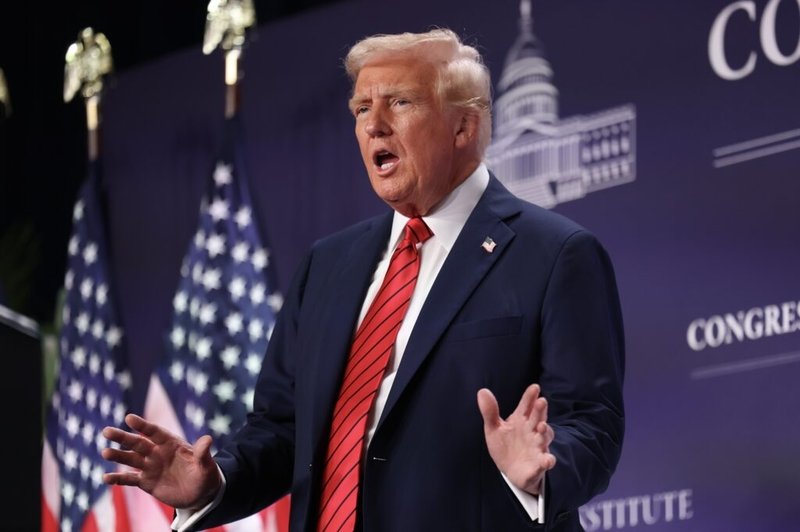DC Bureau
Federal Judge Halts Trump’s Attempt to Freeze Grant and Loan Funding

Arizona’s Attorney General, Kris Mayes, expressed strong support for recent judicial actions that protect essential funding for law enforcement and public safety efforts. He emphasized the need to combat waste while resisting actions that threaten constitutional integrity and state funding. “I’m all for stamping out waste, fraud, and abuse — that’s what we do every day,” Mayes stated. He reaffirmed the importance of existing funding allocations for Arizona families and public safety infrastructure.
In a significant ruling, a federal district judge temporarily blocked the Trump administration from implementing a proposed freeze on federal grants and loans. Chief Judge John J. McConnell Jr. of the U.S. District Court in Rhode Island determined that the administration’s move violated both the Constitution and federal statutes. McConnell noted that the Executive must seek Congressional approval when it believes appropriations conflict with presidential priorities, as mandated by the Impoundment Control Act of 1974.
The ruling came as a result of legal action initiated by Democratic attorneys general from 22 states, including Arizona. They were prompted by a recent memo from the Office of Management and Budget (OMB) which called for a freeze on all federal grants and loans. This directive raised concerns about its potential effects on various federal programs, including those supporting veterans and food assistance, even though it explicitly exempted Social Security and Medicare.
Prior to McConnell’s ruling, a separate U.S. District Court judge issued a short-term stay on the OMB’s actions, responding to a different lawsuit involving nonprofit organizations. The Trump administration subsequently rescinded the OMB memo but clarified that this change did not end the funding freeze. White House press secretary Karoline Leavitt stated that the rescission was intended to eliminate confusion created by the court’s action, asserting that the President’s executive orders regarding federal funding were still in effect.
Judge McConnell highlighted the constitutional flaws in the administration’s stance regarding federal spending. He underscored the responsibility of the Executive Branch to adhere to congressional appropriations rather than assert unilateral presidential priorities. The decision has ramifications beyond legal technicalities; it affects essential state activities that rely heavily on federal funding for stability and operational continuity.
Democratic attorneys general behind the lawsuit represent a coalition of states, including New York, California, and Wisconsin. This ongoing legal battle reflects broader tensions between state officials and the federal government over fiscal policy and constitutional governance.
This judicial intervention serves as a crucial check against unilateral federal actions that could disrupt essential state services and programs. The case exemplifies the significance of upholding the principle that elected representatives, not the Executive, should determine federal spending priorities.


















